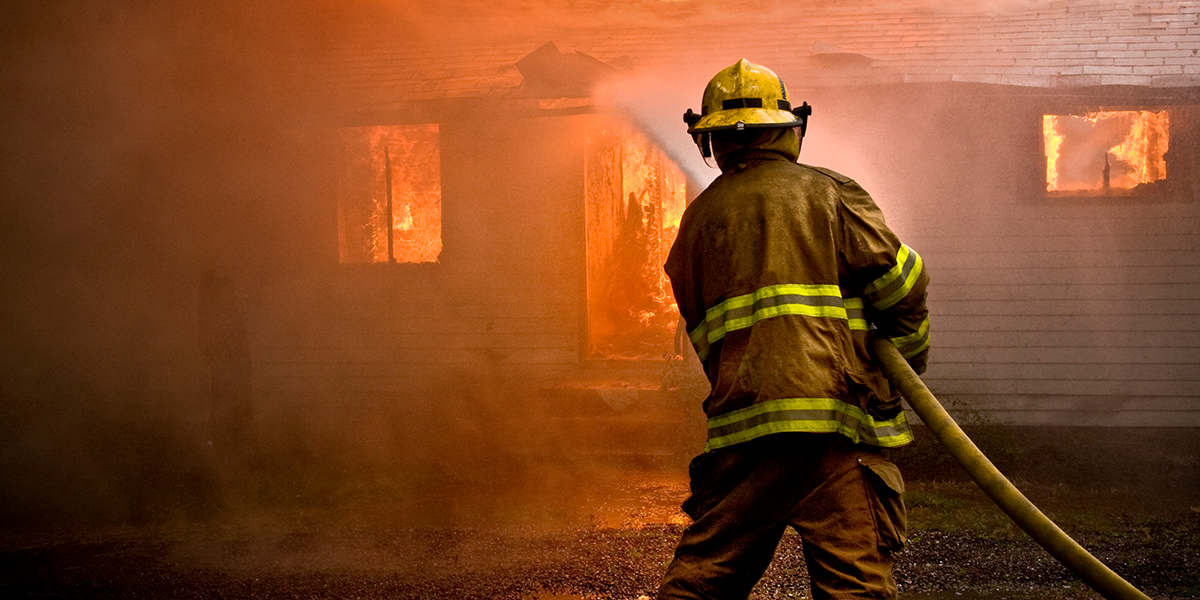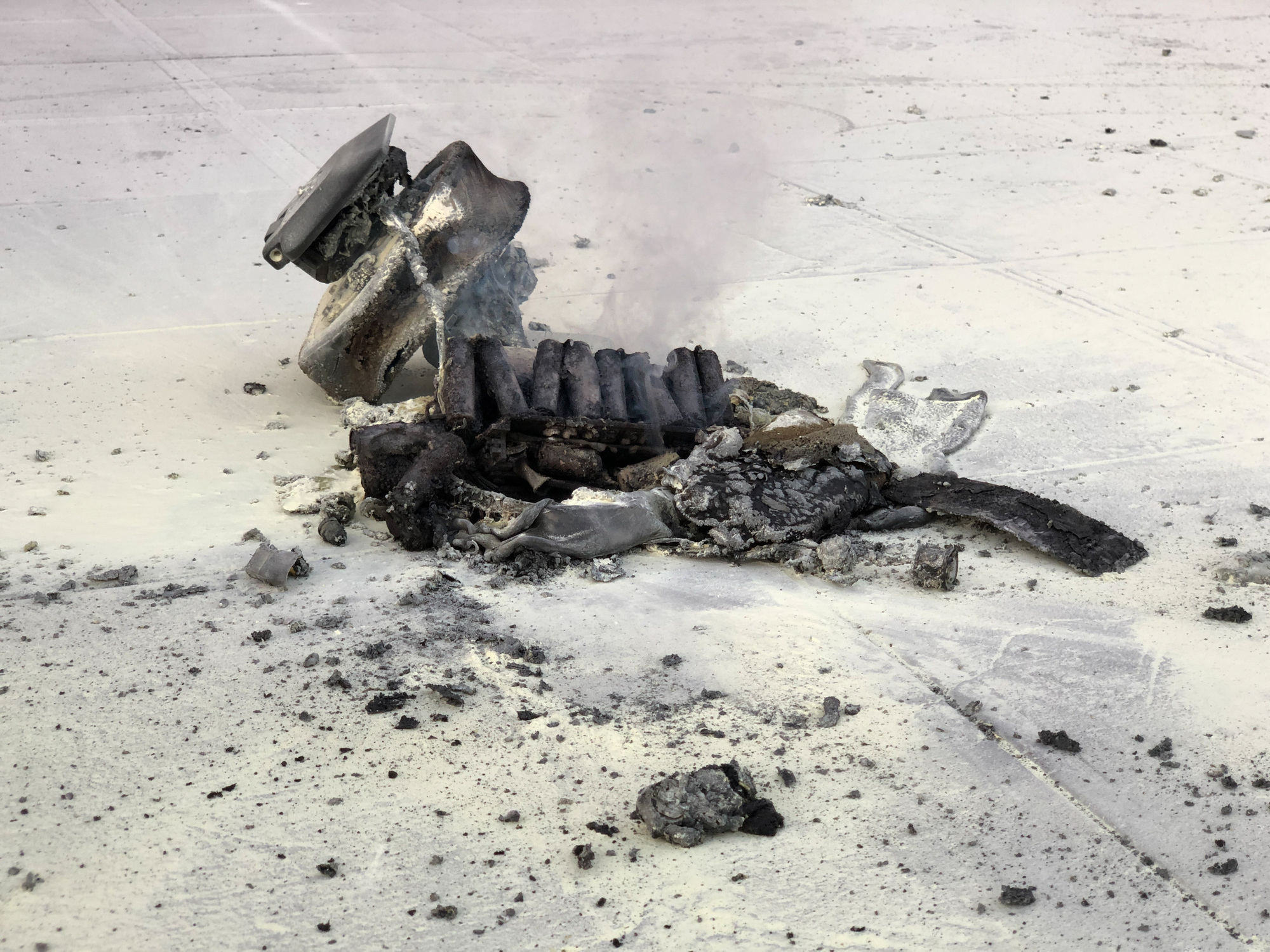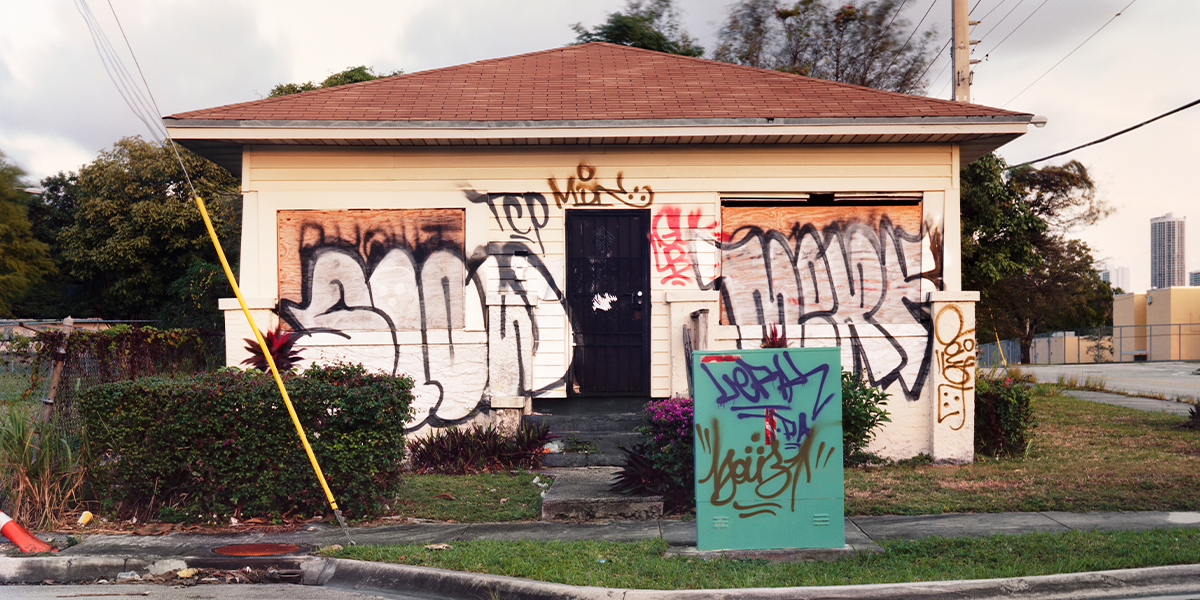Housing organizations that have been deferring maintenance during the pandemic should start making plans to safely address outstanding work orders to avoid potentially costly housekeeping issues.
In 2020, pandemic safety precautions—some of which are still in effect today as COVID-19 lingers—became a factor in the rise of deferred maintenance in the housing industry.
“Several [HAI Group] insureds discontinued housekeeping inspections and only completed emergency work order requests at the start of the pandemic,” said Beth Owens, HAI Group’s director of risk control and consulting.
The 'concerning repercussions' of deferred maintenance
Property owners commonly defer maintenance projects to save or realign available funding for higher-priority expenditures. A 2021 study from the Harvard Joint Center for Housing Studies involving 2,500 landlords across ten U.S. cities reported a 26 percent increase in property owners opting to defer maintenance from 2019 to 2020. The study notes that non-payment of rent related to the eviction ban put in place was a factor.
Whether related to cost-saving measures or pandemic precautions, the trend of increasing rates of deferred maintenance “raises the possibility of a concerning repercussion,” the study notes.
Property owners that continue to defer maintenance will eventually need to invest to remain viable, and with inflation, those costs can add up. The lack of investment in the short term “may imply that renters are residing in units of substandard quality, thus affecting their health and well-being,” the study continues.
As for the potential long-term effects of deferred maintenance, the Harvard study notes that it could lead to units prematurely leaving the housing stock, putting a squeeze on quality, affordable housing.

Owens said that substandard conditions created by deferred maintenance could also cost property owners significantly, in more than one way.
“While understandably necessary to protect housing staff and residents, [deferred maintenance and housekeeping inspections] can lead to a backup of work orders and unsanitary conditions in units, especially when combined with staffing shortages,” she said. “Conditions we’ve seen have ranged from pest infestations, mold, broken appliances, leaking plumbing, and broken door locks. Some of these conditions may cause property claims or harm residents, leading to liability claims.”
There are reputational costs at stake as well. Owens said several media outlets reported on substandard conditions in multifamily housing. If your housing organization communicates with the media, it’s recommended that one spokesperson be designated to avoid conflicting statements. Aside from the spokesperson, all employees should be informed that they are not to speak with the media. A clear and concise message to the media that your organization’s legal counsel has reviewed is best.
Start addressing your deferred maintenance backlog
Housing organization’s not conducting housekeeping inspections or work orders should outline safety protocols to start checking unit conditions. Depending on the population within the units, housing organizations should consider providing their staff with personal protection equipment (PPE) to enter units or utilize virtual technology for contact-free tours.
Some housing organizations have successfully used Zoom or other platforms to conduct unit tours, Owens said. Others have designated the property manager to enter units with PPE and a mobile device to conduct housekeeping inspections. The head of maintenance monitors inspections over the virtual platform, allowing maintenance to triage any major issues identified while the manager is in the unit.
“Encourage your residents to report any maintenance issues within their units,” Owens said. “Residents should understand that reporting issues is helpful to the organization and will not jeopardize their housing or cause retaliation.”
Have risk management or insurance questions related to your public or affordable housing properties? We're here to help:
This article is for general information only. HAI Group® makes no representation or warranty about the accuracy or applicability of this information for any particular use or circumstance. Your use of this information is at your own discretion and risk. HAI Group® and any author or contributor identified herein assume no responsibility for your use of this information. You should consult with your attorney or subject matter advisor before adopting any risk management strategy or policy.
HAI Group® is a marketing name used to refer to insurers, a producer, and related service providers affiliated through a common mission, management, and governance. Property-casualty insurance and related services are written or provided by Housing Authority Property Insurance, A Mutual Company; Housing Enterprise Insurance Company, Inc.; Housing Specialty Insurance Company, Inc.; Housing Investment Group, Inc.; and Housing Insurance Services (DBA Housing Insurance Agency Services in NY and MI).






